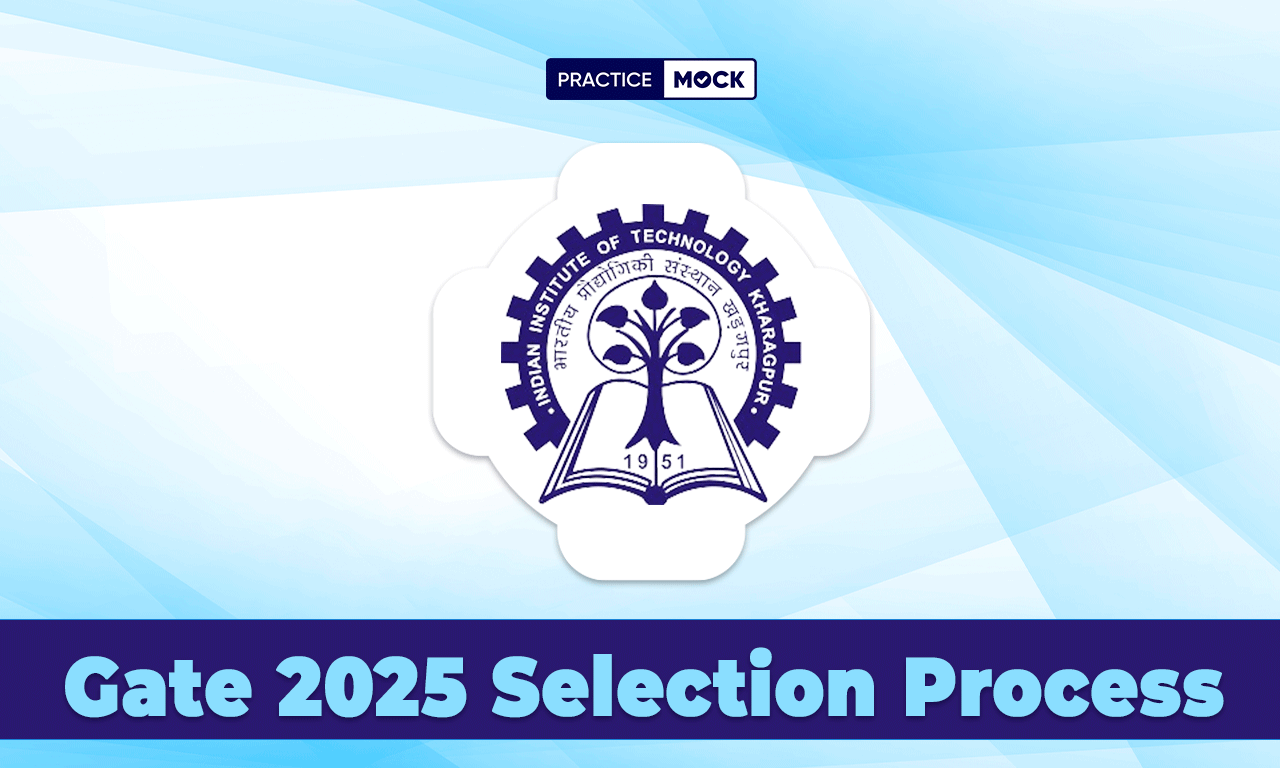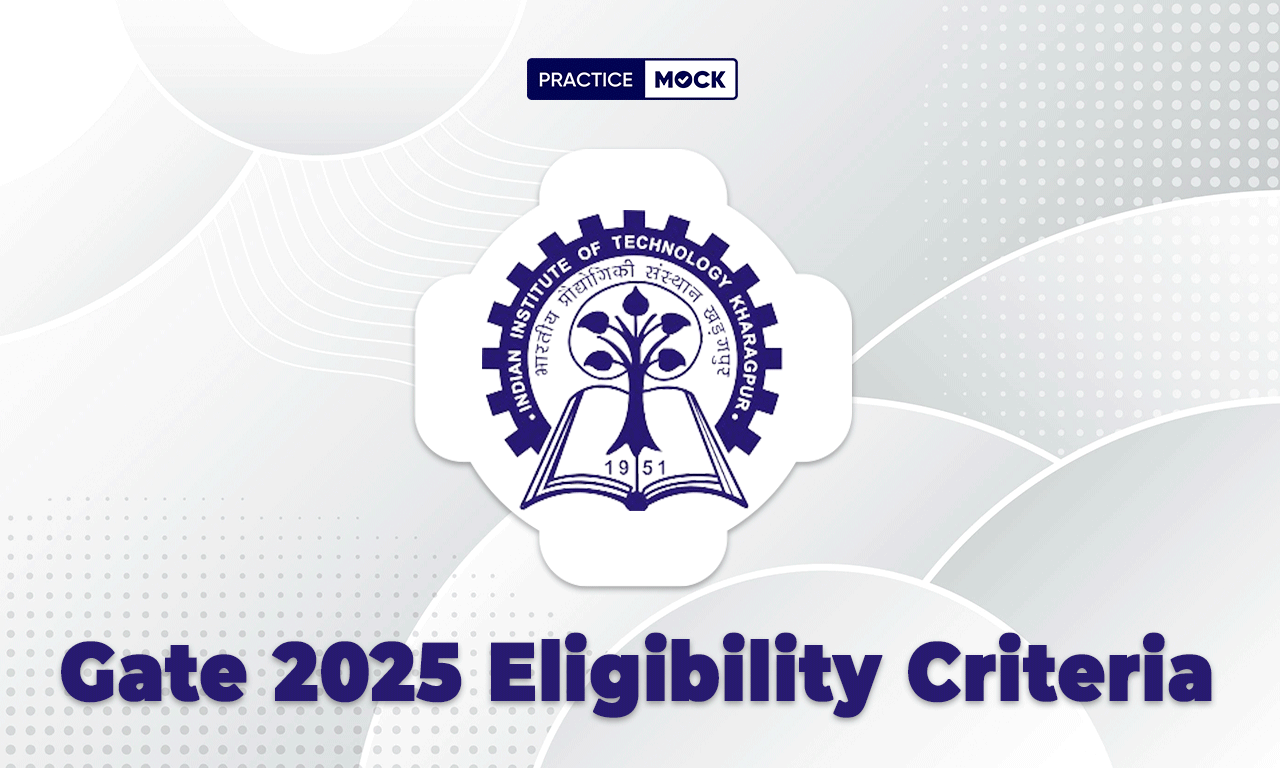

Computer Science and Information Technology (CS)
Sign Up for a Free Mock Test and Get Your AIR Rank
Computer Science and Information Technology (CS/IT) is a branch of engineering that deals with the design, development, and management of computer systems, software, and information networks. The main goal of this field is to make computer systems more efficient, reliable, and secure. Computer science and information technology are closely related, but they are different in their focus. Computer science is concerned with the theoretical aspects of computing, such as algorithms, data structures, and programming languages. Information technology is more focused on the practical application of computing, such as designing, implementing, and managing computer networks, databases, and software applications.
CS/IT covers a wide range of topics, including computer programming, software engineering, database management, network security, web development, artificial intelligence, and computer graphics. The field is constantly evolving, with new technologies and programming languages being developed all the time. Some of the most important skills for CS/IT professionals include programming skills, problem-solving ability, attention to detail, and strong communication skills.
Sign Up for a Free Mock Test and Get Your AIR Rank
Electronics and Communication Engineering (EC)
Electronics and Communication Engineering (EC) is a branch of engineering that deals with the design, development, and maintenance of electronic devices and communication systems. It involves the use of electronic components such as diodes, transistors, and integrated circuits to design electronic circuits and systems that can process, store, and transmit information.
EC includes a wide range of topics, including analog and digital electronics, microprocessors and microcontrollers, communication systems, signal processing, control systems, and instrumentation. EC professionals work in a variety of fields, including telecommunications, aerospace, defense, and consumer electronics. They are responsible for designing and developing electronic systems, testing and debugging electronic circuits, and troubleshooting and repairing electronic equipment.
Sign Up for a Free Mock Test and Get Your AIR Rank
Some of the most important skills for EC professionals include strong problem-solving ability, attention to detail, and the ability to work in a team. They must also be familiar with the latest technologies and trends in the field, and be able to adapt quickly to new developments.
Electrical Engineering (EE)
Electrical Engineering (EE) is a branch of engineering that deals with the design, development, and maintenance of electrical systems and equipment. It involves the study of electrical circuits, electromagnetism, power generation and transmission, control systems, and signal processing.
EE includes a wide range of topics, including power electronics, electric machines, renewable energy systems, automation and control, and computer-aided design. EE professionals work in a variety of industries, including power generation and distribution, telecommunications, transportation, and manufacturing.
Some of the most important skills for EE professionals include strong analytical and problem-solving abilities, attention to detail, and the ability to work in a team. They must also be familiar with the latest technologies and trends in the field, and be able to adapt quickly to new developments.
Mechanical Engineering (ME):
Sign Up for a Free Mock Test and Get Your AIR Rank
Mechanical Engineering (ME) is a branch of engineering that deals with the design, development, and maintenance of mechanical systems and equipment. It involves the study of mechanics, thermodynamics, materials science, and manufacturing processes.
(ME) includes a wide range of topics, including machine design, thermodynamics, fluid mechanics, heat transfer, and robotics. ME professionals work in a variety of industries, including aerospace, automotive, energy, and manufacturing.
Some of the most important skills for ME professionals include strong analytical and problem-solving abilities, attention to detail, and the ability to work in a team. They must also be familiar with the latest technologies and trends in the field, and be able to adapt quickly to new developments.
Civil Engineering (CE):
Civil Engineering (CE) is a branch of engineering that deals with the design, construction, and maintenance of the built environment, including buildings, roads, bridges, and water and wastewater systems.
Sign Up for a Free Mock Test and Get Your AIR Rank
[table “26” not found /]Recent Posts
Wrong Number Series for RRP PO 2025, Tips to Solve 5 Questions in 1 Minute
In this article we are providing the Wrong Number Series for RRP PO 2025. Candidates…
How an Average Student Clears the IBPS Clerk 2025 Exam?- Check 10 Effective Tips
Read this blog to know the top 10 tips for an average student that will…
Benefits of IBPS PO Job, Every Aspirant Should Know
Know the best benefits of an IBPS PO job like salary, security, growth, and more.…
The Hindu Editorial Vocabulary 21st May 2025
Here we are providing the Hindu Editorial Vocabulary 21st May 2025. Candidates can check words…
Reasoning Most Scoring Topics For RRB Clerk 2025 Exam, Check Imp Topics
In this article we are providing the reasoning most scoring topics for RRB Clerk 2025…
Basic Rules to Solve Syllogism Questions Asked in IBPS RRB Clerk Exam, Download Most Important Questions PDF
Syllogism Questions Asked in IBPS RRB Clerk Exam. Check the most important questions PDF, know…


